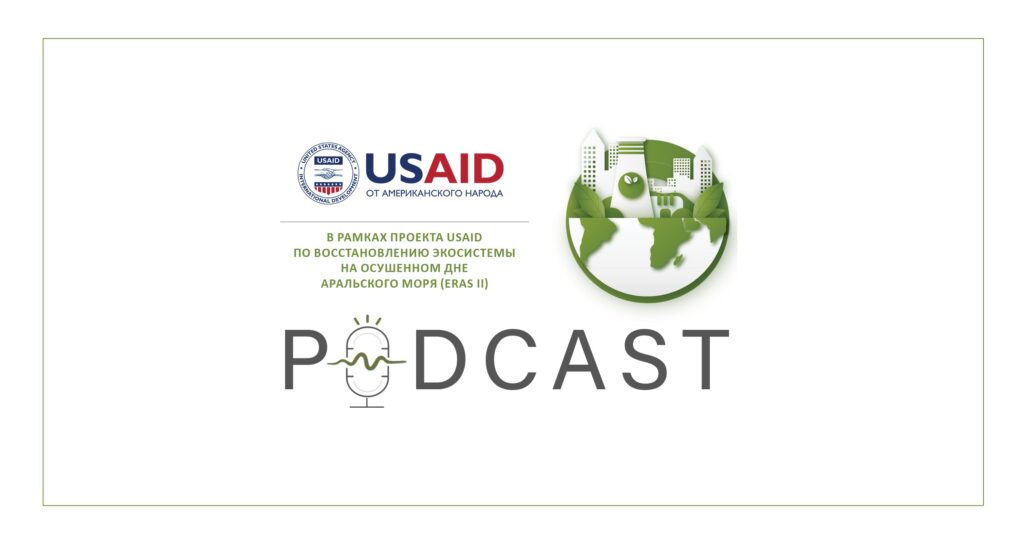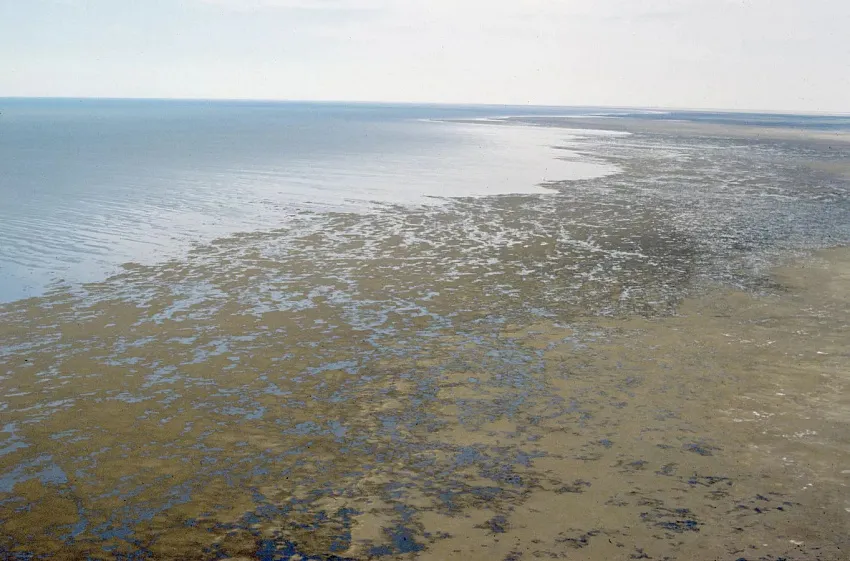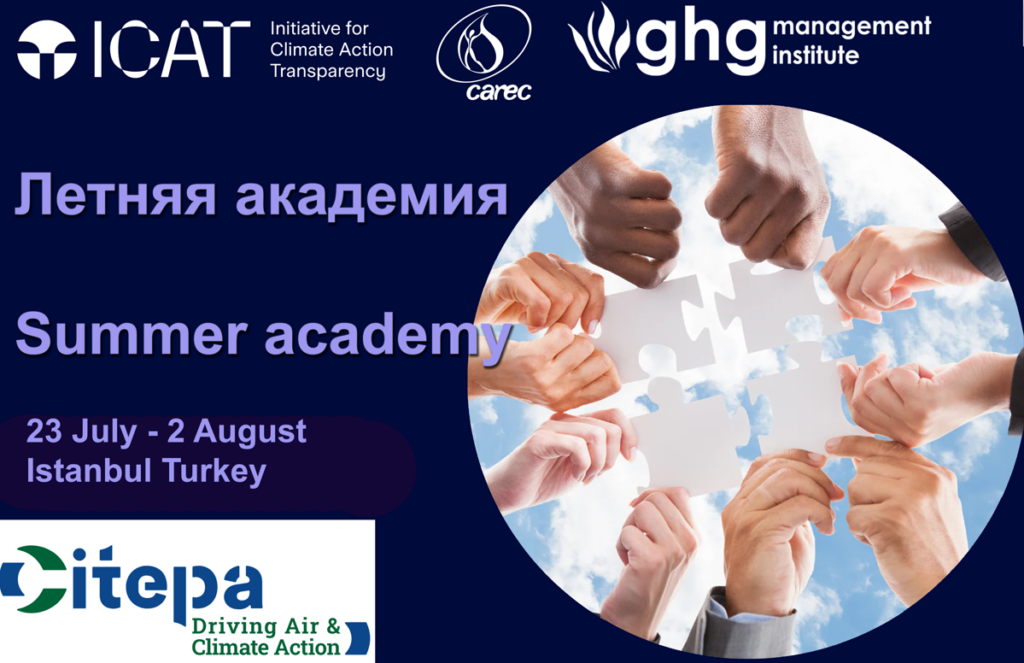DUSHANBE WATER PROCESS. Every child has the right to grow up in a clean and safe environment
 DUSHANBE, 03/10/2024 /NIAT “Khovar”/. The Third High-Level International Conference on the International Decade for Action “Water for Sustainable Development, 2018-2028” will be held from June 10 to 13 in Dushanbe as part of the Dushanbe Water Process. The Dushanbe Water Process is an initiative of the Government of the Republic of Tajikistan to support the implementation of the goals of the International Decade for Action “Water for Sustainable Development, 2018-2028” through a series of biennial conferences held by the Government of Tajikistan in close cooperation with the UN. The conference will host forums that will engage diverse stakeholders, including women, youth, indigenous peoples, professional groups, scientists, the private sector, in the implementation of the water agenda, with a focus on enhancing water action and partnerships at local, national, regional and global levels. levels. The head of the UNICEF Representative Office in Tajikistan, Arthur van Diesen, told the NIAT “Khovar” correspondent about the role of youth in solving water problems and expectations from the upcoming conference.
DUSHANBE, 03/10/2024 /NIAT “Khovar”/. The Third High-Level International Conference on the International Decade for Action “Water for Sustainable Development, 2018-2028” will be held from June 10 to 13 in Dushanbe as part of the Dushanbe Water Process. The Dushanbe Water Process is an initiative of the Government of the Republic of Tajikistan to support the implementation of the goals of the International Decade for Action “Water for Sustainable Development, 2018-2028” through a series of biennial conferences held by the Government of Tajikistan in close cooperation with the UN. The conference will host forums that will engage diverse stakeholders, including women, youth, indigenous peoples, professional groups, scientists, the private sector, in the implementation of the water agenda, with a focus on enhancing water action and partnerships at local, national, regional and global levels. levels. The head of the UNICEF Representative Office in Tajikistan, Arthur van Diesen, told the NIAT “Khovar” correspondent about the role of youth in solving water problems and expectations from the upcoming conference.
— How do you assess the importance of the third Dushanbe Water Conference for achieving the Sustainable Development Goals (SDGs)?
 “The UN Water Conference is a critical moment that draws the world’s attention to the importance of water as a unifying goal for communities and countries. It is also an important event that aims to shed light on the right of children to grow up in a clean and safe environment, especially in relation to SDG 6 (ensure access to water and sanitation for all). The consequences of unsafe water, sanitation and hygiene (WASH) for children can be fatal. More than 700 children under 5 years of age die every day from diarrheal diseases due to lack of adequate WASH services. In conflict zones, children are almost 20 times more likely to die from diarrheal diseases than from the conflict itself. Considering that 2 billion people around the world still do not have access to safe drinking water, 3.6 billion people do not have access to safe sanitation, 2 billion people do not have access to handwashing facilities with soap and 419 million people practice open defecation, there is an urgent need to ensure universal access to WASH services and systems. The Third Dushanbe Water Conference is key to assessing progress towards SDG 6 and the water-related goals and targets identified in the Water Action Agenda.
“The UN Water Conference is a critical moment that draws the world’s attention to the importance of water as a unifying goal for communities and countries. It is also an important event that aims to shed light on the right of children to grow up in a clean and safe environment, especially in relation to SDG 6 (ensure access to water and sanitation for all). The consequences of unsafe water, sanitation and hygiene (WASH) for children can be fatal. More than 700 children under 5 years of age die every day from diarrheal diseases due to lack of adequate WASH services. In conflict zones, children are almost 20 times more likely to die from diarrheal diseases than from the conflict itself. Considering that 2 billion people around the world still do not have access to safe drinking water, 3.6 billion people do not have access to safe sanitation, 2 billion people do not have access to handwashing facilities with soap and 419 million people practice open defecation, there is an urgent need to ensure universal access to WASH services and systems. The Third Dushanbe Water Conference is key to assessing progress towards SDG 6 and the water-related goals and targets identified in the Water Action Agenda.
The overall purpose of the conference is to:
- support the implementation of the goals and objectives of the Water Decade of Action, assess the progress achieved by the 2023 UN Water Conference, with particular attention to the implementation of the Water Action Agenda;
- identify barriers and opportunities associated with meeting the commitments set out in the Water Action Programme.
The purpose of the conference is to share best practices and innovative solutions, strengthen partnerships among stakeholders, promote the role of water in sustainable development, raise awareness and mobilize political will to accelerate progress towards achieving the water-related goals of the 2030 Agenda, and also contributing to the High-Level Political Forum on Sustainable Development in 2024 and the preparatory process for the UN Water Conference in 2026.
— What is the role of the third Dushanbe Water Conference in promoting the participation of children and youth in activities related to expanding access to water for the most marginalized segments of the population?
— UNICEF considers it extremely important to give priority attention to the problems of youth and children in the Water Action Program. The conference will provide an opportunity for children and young people to participate as key stakeholders in all discussions, including forums and interactive dialogues. In addition, since the main theme of the conference is “Commitment to Action”, it will also allow youth to participate in the review of information on specific actions taken and in further planning, both locally and internationally.
— What events will be organized by UNICEF in Tajikistan at the conference?
— UNICEF will support the Conference Secretariat in planning and organizing the Youth and Children’s Water Forum, which will become a global event. To strengthen Tajikistan’s commitment to the water and climate agenda, especially in terms of the participation of youth and children, UNICEF plans to establish a Tajikistan Water and Climate Youth Network, which will be a group of young and dynamic people, passionate and visionary who wish to take a leading role in the field of water resources in Tajikistan. For the conference, the network will also develop a “Youth Water and Climate Plan” for Tajikistan to support the national water agenda and help accelerate achievement of SDG 6. This network of young people with the plan they develop will be resourced to carry out activities with the support of relevant key stakeholders in the water sector. In addition, UNICEF will also participate in interactive dialogues on the topics “Water for Health”, “Water for Climate”, “Sustainability and Environment”, “Water for Sustainable Development”.
— Have any events or meetings related to this conference been held before today?
— UNICEF provided support to the Government of Tajikistan in organizing the previous Water Resources Conference in New York. This year, UNICEF is also providing support to the Government of Tajikistan. We are currently meeting with relevant stakeholders to establish collaboration and refine the program for this event, which will take place in June 2024.
— What are UNICEF Tajikistan’s expectations from the third Dushanbe Water Conference?
— UNICEF looks forward to making the voices of young leaders, activists and professionals heard in the pursuit of universal access to water and sanitation. At the same time, the Government’s commitment will be strengthened and concrete measures will be initiated to achieve progress in certain areas of the Water Action Program in Tajikistan and beyond.
In particular, the outcomes of the UNICEF-supported forum are expected to include the following:
— Development and presentation of a clear action plan, developed by youth and recognized by the Government.
— Conduct and disseminate the results of a global assessment of progress in implementing the Youth Development Plan and Agenda, as well as the implementation of voluntary commitments adopted at the UN Water Conference.
— Governments make clear and measurable commitments to improve the situation of children, taking into account climate-related hazards and risks, especially in terms of investment and coverage of WASH services in health facilities.
— Stakeholders, including governments, the private sector, development partners, communities and civil society organizations, commit to prioritizing children in water and climate-related policies, programs and services.
— Will the third Dushanbe Conference on the Water Decade of Action be able to lay the foundation for the next conference, that is, the International Conference on Glacier Protection in 2025?
— Tajikistan is rich in terms of water resources. We have to consider several scenarios that involve risks. One of the problems of our time is global warming. At the UN level, a decision was made to reduce the air temperature to 1.5˚C, but, according to some forecasts, the temperature in Tajikistan could exceed 4˚C, which will lead to rapid melting of glaciers. Therefore, the third Dushanbe Conference on the Water Decade of Action is closely linked with the International Conference on Glacier Protection, which will be held in Dushanbe in 2025, because the main theme of both conferences is water, climate and the problem of glacier protection.
We must consider the above issues as a team. Once again, I would like to emphasize that when looking for solutions, we always focus on adolescents and young people so that they play a key and central role in finding these solutions. It is worth noting that the Government of the Republic of Tajikistan played a very important role in defining the global program on the problem of water and glaciers. It was on the initiative of the Government of the Republic of Tajikistan that this issue was adopted at the UN level. In this regard, I would like to once again express special gratitude to the Government of the Republic of Tajikistan for promoting this issue.
— Thank you very much for the productive conversation.
Lailo TOIRI
NIAT “Khovar”
PHOTO: NIAT “Khovar”
ДУШАНБИНСКИЙ ВОДНЫЙ ПРОЦЕСС. Каждый ребенок имеет право расти в чистой и безопасной среде



